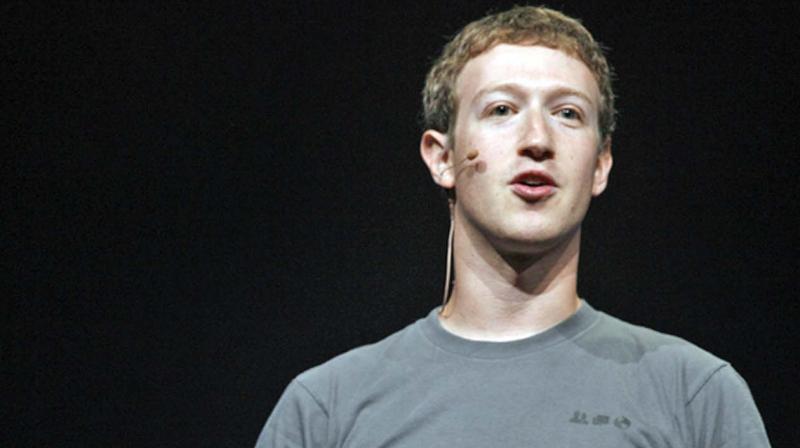The real effects of fake news
Often, news floating around social media platforms is far from the truth. But, can they really change people's decisions in real life?

Ever gotten a WhatsApp forward or seen your friends sharing news online that you know are fake? Have you fallen prey to hoax messages that warned you not to drink Frooti because it’s contaminated with AIDS or that a famous actor had passed away? Incidentally, it’s such fake news on Facebook that seems to have helped Donald Trump win the US Presidential elections! Not only have these allegations helped create a dedicated taskforce on the Facebook team — but has also brought into limelight the effects falsified news could have in real life.
Recently, members of r/india on Reddit could concoct a rumour about the new demonetisation policy in India being lauded by UNESCO. This subsequently went viral on WhatsApp proving just how gullible we as an audience are~ Surprisingly, sometimes, good things come out of fake information. A few months ago, an obituary written for the Great Barrier Reef in Australia shook the world up and people started taking notice of the effects of global warming. However, it was later discovered that the reef was alive and kicking but needed the attention it got nevertheless.
For Nabanita De, an Indian student doing her Masters in Computer Science at the University of Massachusetts, the claims that the US elections were influenced by false Facebook news prompted her to look for a solution. During a 36-hour-long hackathon, with three other students as part of her team, she was able to create FiB, a Chrome extension that marks every post with links and pictures as verified or non-verified.
She tells us, “For each link we encounter, our algorithm obtains a score by checking against malware, phishing and based on reputation. If the score is good enough, they will be verified — and if not, we will go through Google and check again before calling it unverified or finding more verified content. It works on Twitter screenshots, where we go on Twitter to confirm if it was indeed tweeted by the claimed user. We also flag adult and pornographic content as unverified to reduce sharing of MMS’s.”
She believes it is possible for fake news online to influence real-life decisions and opinions like the recent Facebook accusations. “A lot of people on social media sites are not internet savvy enough to know the authenticity of posts. It’s easy to target this section, leading to bad consequences. It’s hard for even educated masses to verify all their content. A perfect example would be the news that iPhone7 users could drill a headphone jack into the phone, and some people fell for it and destroyed their phones!” She plans to expand the availability of FiB across the world.
Closer home, with respect to movies, especially down south, a lot of troll and meme pages come up with unverified posts and shares about certain films. Opining on this trend, producer CV Kumar says, “All unfiltered news that are shared on social media, at least in my case, have often affected a movie’s business, rather than aiding it. People share it on social media without verifying if the info is legit. Every person has now become a newsmaker; this is not a healthy trend at all.”
During the release of Kabali, a Facebook post by a Chennai-based photographer Vasanth Paul — in which he claimed that he saw three men attempting to gang rape a woman — while he was returning from the Rajinikanth-starrer, created a buzz on social media. He went on to say that when he tried to save the girl, he was strangled by one of the men. His post received more than 32,000 shares and over 2,800 comments.
But, the credibility of his claim was questioned after the police said that Vasanth was not able to locate the spot where the incident happened and that he was unable to enact the incident. Recalling this, Vasanth says, “I still stand by what I said. I received a lot of backlash, but a few people stood by me. I understand that with a lot of fake news spreading in social media, many posts and claims lose credibility. Many refused to believe my incident.”
Digital media consultant, Sorav Jain, weighs in, “It’s easy to put out hoaxes on social media these days. It’s an era where people are aiming at link baiting, more traffic, quick revenues and cheap publicity. Many try to do it in an autonomous way.”
He goes on to say, “There are some who still think Facebook and WhatsApp are sources of real news and take everything seriously. The only way to verify a piece of information online is by checking the credibility of the website from where the link is given. But when it comes to WhatsApp texts and images — it’s hard to locate a source.”

